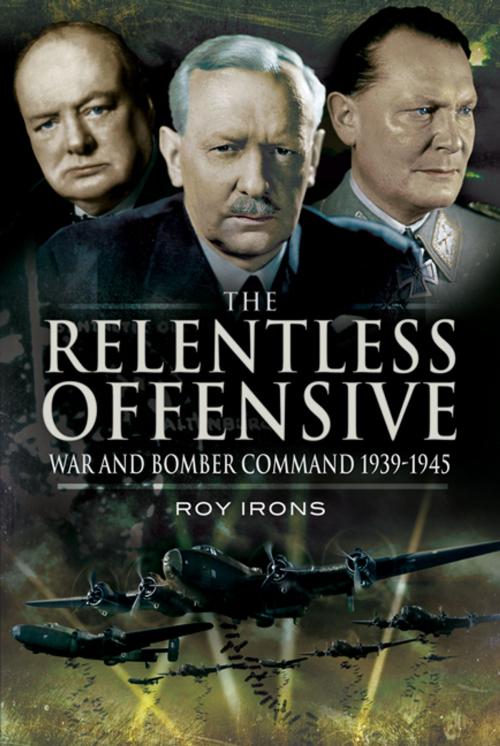| Author: | Roy Irons | ISBN: | 9781844685028 |
| Publisher: | Pen and Sword | Publication: | June 25, 2009 |
| Imprint: | Pen and Sword | Language: | English |
| Author: | Roy Irons |
| ISBN: | 9781844685028 |
| Publisher: | Pen and Sword |
| Publication: | June 25, 2009 |
| Imprint: | Pen and Sword |
| Language: | English |
During the years before World War II, the Royal Air Force, created amid the bloodshed of the Great War, saw salvation in the doctrine of a relentless offensive by a bomber force which would sail over trenches and then on to the enemy cities and annihilate the ability of the enemy to wage war. This book gives a view of how that doctrine, driven by courage and coldly sharpened by scientists, brought those visions to reality.
This is a fresh analysis of Bomber Command, its tactics and technology. It discusses exactly how well organised Bomber Command was to exploit the rapidly evolving new science and technology of new type of warfare. How much did the concept of Allied and German ‘morale' influenced the Command’s operational plans? What was the influence of the Research and Experiments Dept of the Ministry of Home Security and of university scientists such as Tizard and Cherwell? This book delves into the research into high-explosives and firebombing techniques, newly designed bombs and their devastating effect on the enemy. Why in the early war days was the RAF bomber’s armament so ineffective, the navigation so imprecise and the bombing accuracy so poor?
This book also discusses the many varying moral issues that even to this day still rage between those who feel guilt for the destruction of so many German cities and those who see moral justification in the eventual Allied victory.
During the years before World War II, the Royal Air Force, created amid the bloodshed of the Great War, saw salvation in the doctrine of a relentless offensive by a bomber force which would sail over trenches and then on to the enemy cities and annihilate the ability of the enemy to wage war. This book gives a view of how that doctrine, driven by courage and coldly sharpened by scientists, brought those visions to reality.
This is a fresh analysis of Bomber Command, its tactics and technology. It discusses exactly how well organised Bomber Command was to exploit the rapidly evolving new science and technology of new type of warfare. How much did the concept of Allied and German ‘morale' influenced the Command’s operational plans? What was the influence of the Research and Experiments Dept of the Ministry of Home Security and of university scientists such as Tizard and Cherwell? This book delves into the research into high-explosives and firebombing techniques, newly designed bombs and their devastating effect on the enemy. Why in the early war days was the RAF bomber’s armament so ineffective, the navigation so imprecise and the bombing accuracy so poor?
This book also discusses the many varying moral issues that even to this day still rage between those who feel guilt for the destruction of so many German cities and those who see moral justification in the eventual Allied victory.















